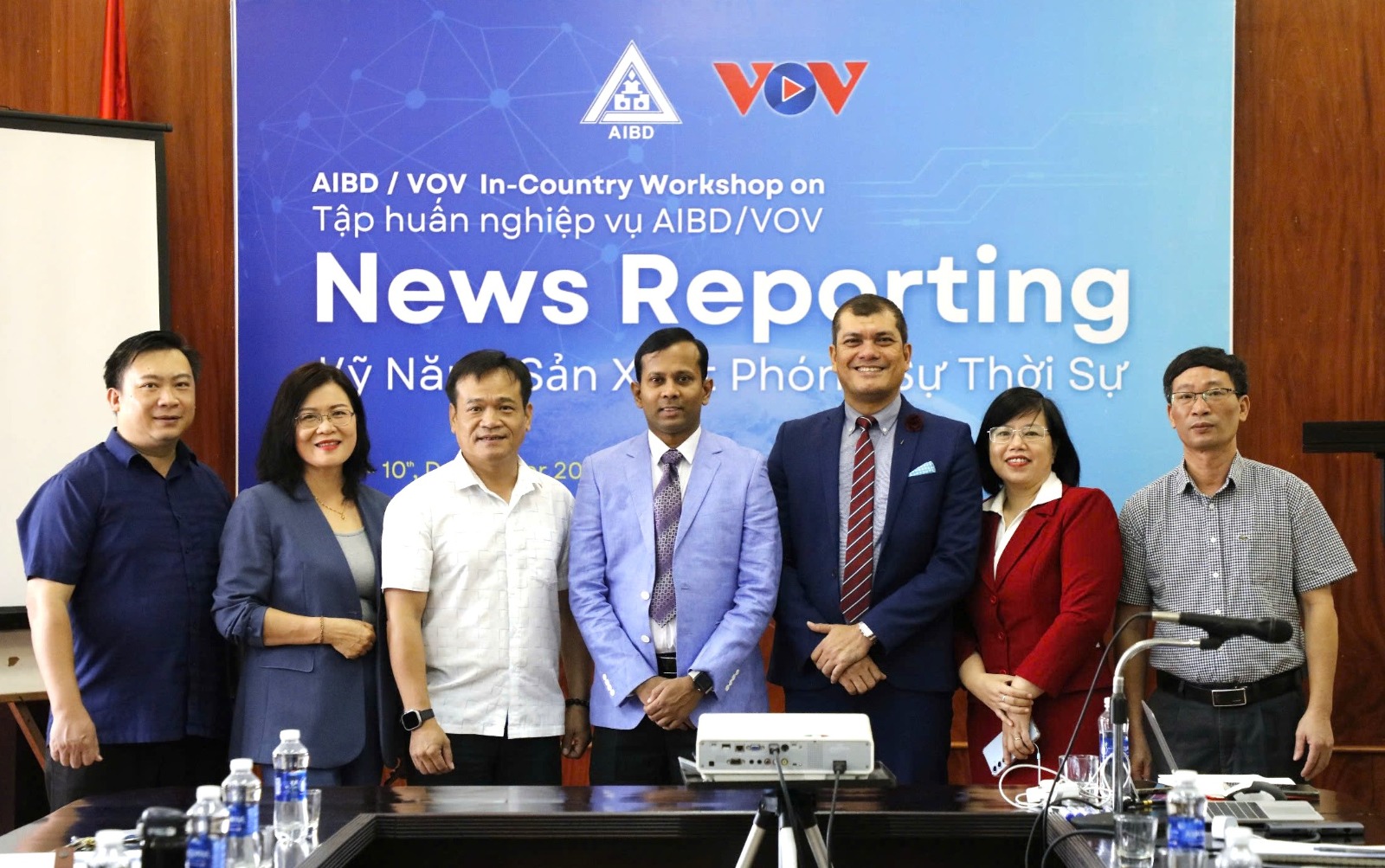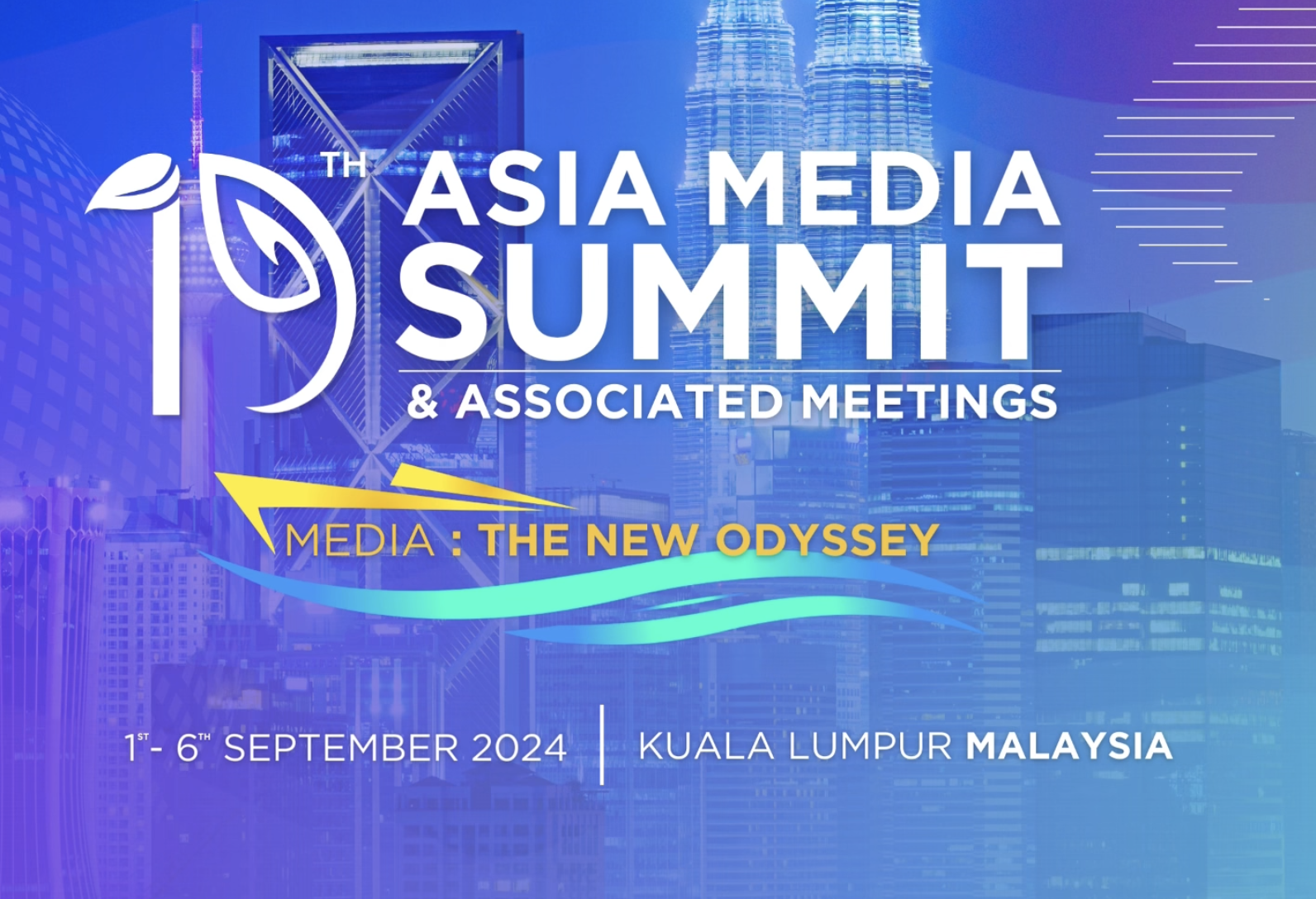Regulation in the Area of Ethics
Mr. Li Peichun, Deputy Director, English Service, China Radio International (CRI), China says a co-regulation mechanism that governs the media industry has worked in China despite some gaps. He spoke during the plenary session on ‘Dealing with Ethics: Are Existing Models Effective?’ at the Asia Media Summit 2013.
Mr. Li Peichun, Deputy Director, English Service, China Radio International (CRI), China says a co-regulation mechanism that governs the media industry has worked in China despite some gaps. He spoke during the plenary session on ‘Dealing with Ethics: Are Existing Models Effective?’ at the Asia Media Summit 2013.

He said the state regulator in China called the General Administration of Press, Publication, Radio and Television formulates the rules and laws while the broadcast organizations themselves work out their editorial guideliness.

In his presentation, he said the state regulator sets the red lines based on the national law. It states that content should not run counter to national unity, sovereignty and territorial integrity; lead in any way to ethnic divisions; leak national secret, slander people’s reputaion and promote pornography, superstition and violence.
“The red lines are generally not sufficient when it comes to practice,” he said.
Another speaker was Dr. Venkat Iyer, Barrister & Media Law Consultant, University of Ulster, UK, who said that a one size-fits-all model of regulation in the area of ethics is unlikely to work, thus the need for a continuing dialogue to identify a core set of values which can be applied to, or by, media everywhere.

He cited the enourmous pressures media ethics have had to face in recent years, among them, the growth of the sound bite culture, advances in technology, economic compulsions that have to some extent led to tighter deadlines and downgrading of reflective journalism, changing audience expectations and enforcement problems.
“These pressure have brought about clear tensions in enforcing media ethics,” he said.
In his presentation, he stressed the importance of professionalism in raising ethical standards and training and continuing professional development.
“The solution to the problem of falling ethical standards lies in tackling it on many front, the specifics of which will go to a large extent be determined by a number of factors. It would be unwise, even counterproductive to be overly prescriptive in this area,” he said.
Ms. Moneeza Hashmi, President of the Commonwealth Broadcasting Associationm (CBA) and General Manager of HUM TV, Pakistan had a different take on media ethics, suggesting self regulation on a personal level.

“This requires that each individual must be responsible for his own thoughts and action,” she said.
State regulation, she said, “will soon be history because the media is fast changing. With the world opening up, how realistic is clamping down on media?” she asked.
Co-regulation is not so practical as who will regulate such a mode.
“Unless the heart connects with the mind, no ethics will work out. I agree that we need a code of ethics, but ethics will not be contained by paper nor by the state policy. Ethics will need beating hearts and professionals to self-regulate,” she said.





